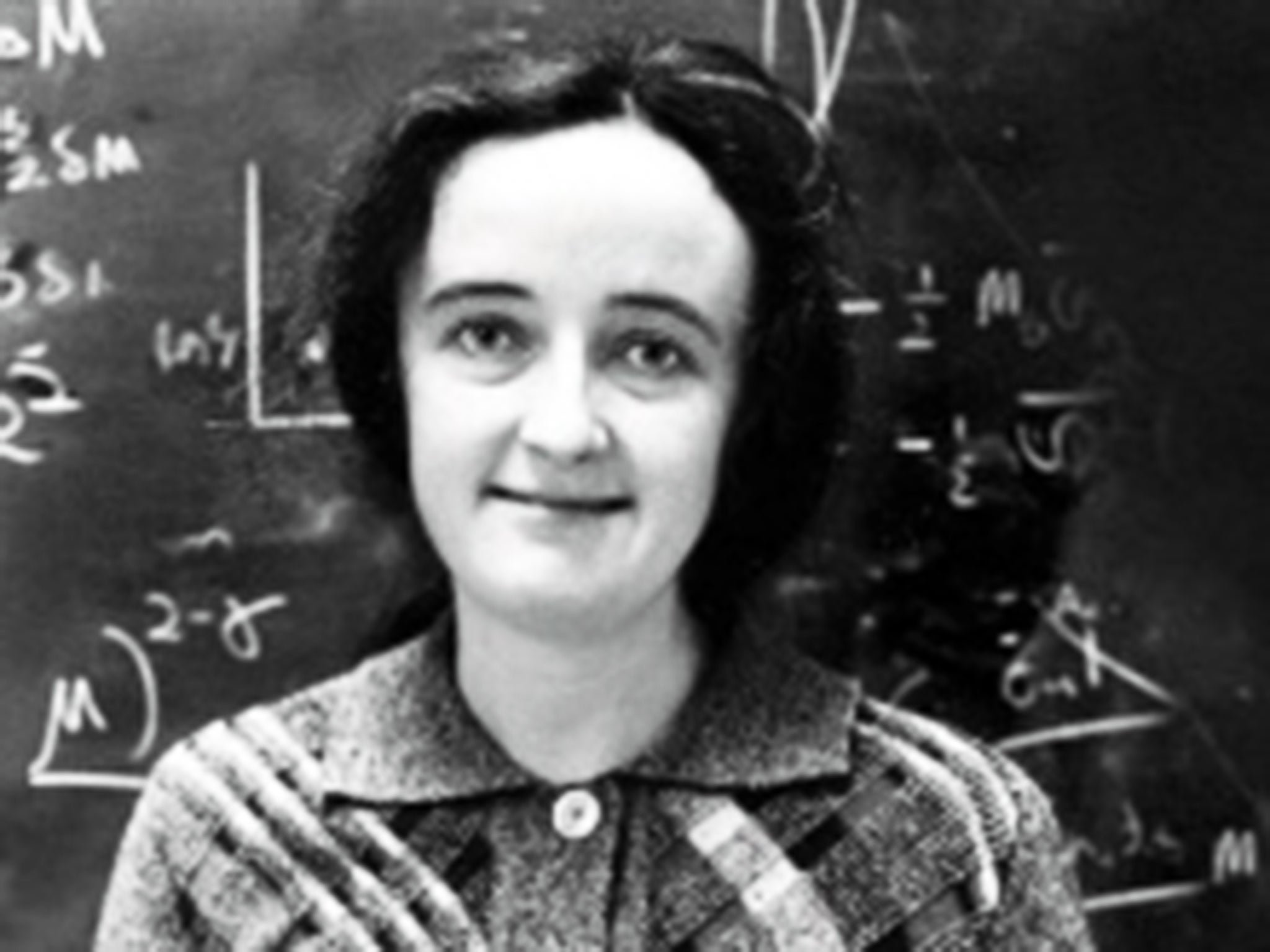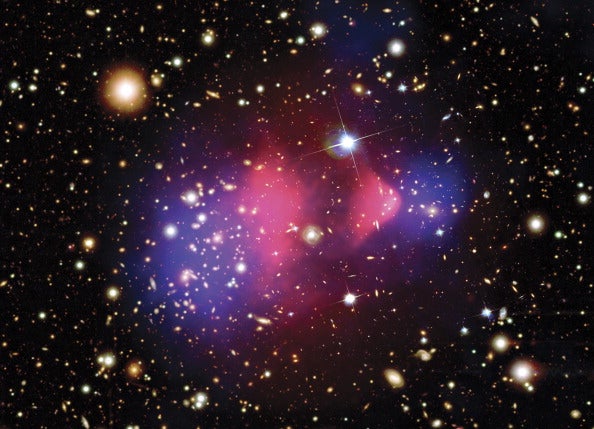Beatrice Tinsley: 5 facts you need to know about the (uncelebrated) astronomer
The cosmologist was not given a university job because she was a married woman

One of the least acknowledged - and most original - thinkers in astronomy is being acknowledged by Google Doodle.
Beatrice Tinsley was responsible for breakthrough discoveries on how galaxies moved with time but her name is virtually unknown outside academic circles.
Born in England, she spent most of her schooling in New Zealand before moving to Texas, achieving recognition for her work by the late 1970s.
Here are five facts about New Zealand's most uncelebrated brains:
1. Tinsley's work helped to unlock the past and future galaxies
The astronomer realised that, since galaxies are made out of billions of stars, scientists could use what they already knew about the lives of stars to learn about the histories of galaxies. She calculated not just how galaxies look today, but how they would look over time depending on how they had originally formed their stars. She even calculated models for different types of galaxies - a demanding task in the days before computers could run algorithms.

2. Her work affected theories about the Big Bang
Tinsley's research changed the standard method for determining distances to far-away galaxies. This was significant in determining the size of the universe and its rate of expansion - leading ideas behind the development of the Big Bang theory. She pointed out to her professors as a PhD student that factors such as how many chemical elements, the mass of the galaxy and the rate of starbirth had all been overlooked in determining how fast a galaxy was expanding.
3. She was not taken seriously as a married woman
Despite being offered a scholarship at the high-powered Center for Advanced Studies in Texas and gaining a PhD, Tinsley was excluded from permanent work. She did not realise when she married her husband, university classmate Brian Tinsley, that she would also be stopped from working at Christchurch in New Zealand because he was employed there.
4. Two adopted children made life difficult
Through a combination of events, Tinsley found herself the mother of two adopted children. For years she would try to fit in her science between when her children were asleep or on visits to libraries. In 1974, she divorced her husband and left her children so as to continue with her work.
5. She died when she had just got going
Only four years after leaving her family behind, Yale University made her professor of astronomy. In the six years she was there, she published many scientific papers which cosmologists today have said make her world-leading in the field. But, aged 40, she died of cancer. She would have been 75 this year.
Join our commenting forum
Join thought-provoking conversations, follow other Independent readers and see their replies
Comments